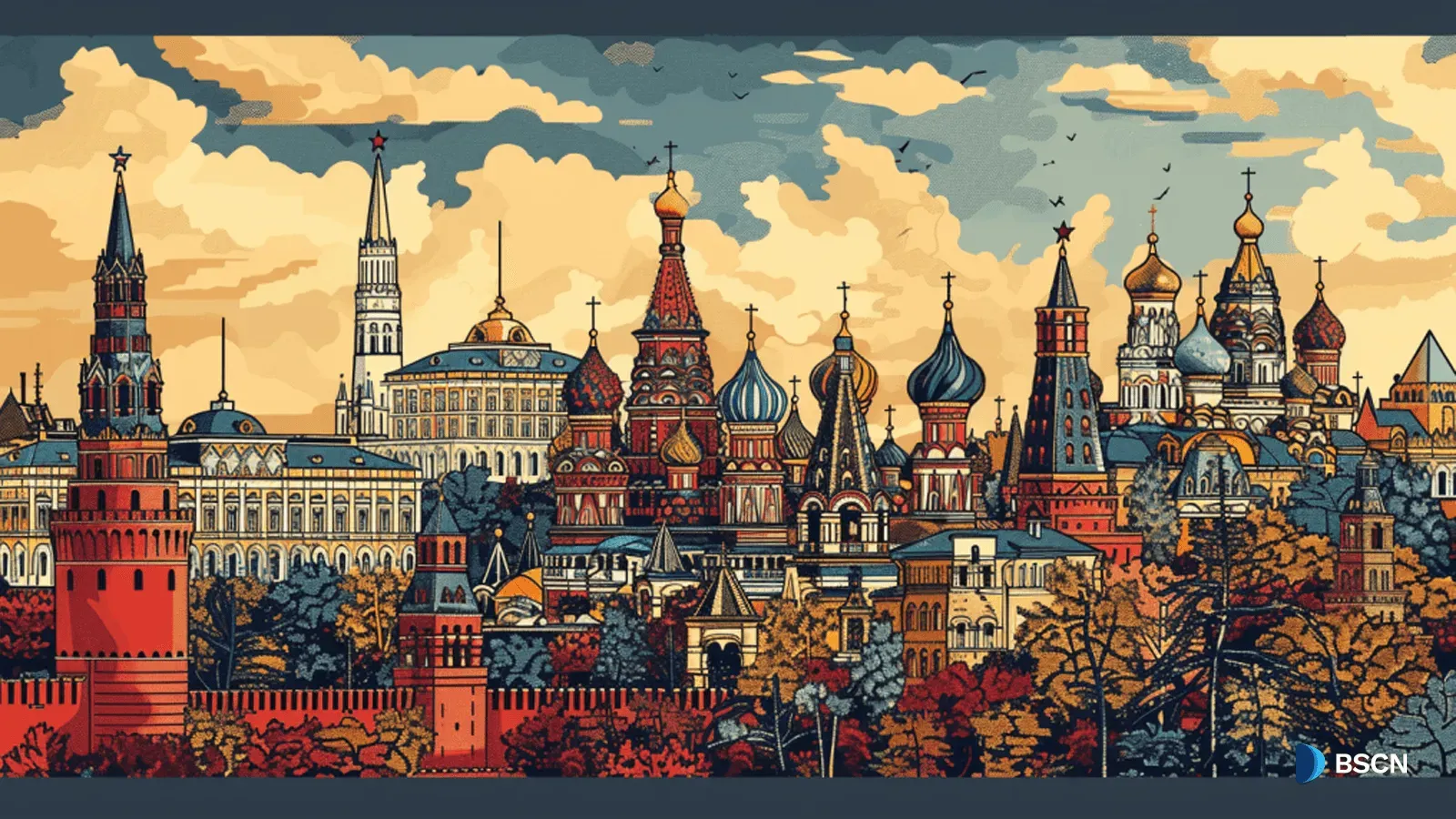The Russian central bank plans to initiate international payments in cryptocurrencies by the end of the year to overcome delays in transactions caused by Western restrictions.
Russia is reportedly taking significant steps to regulate cryptocurrencies and crypto mining. The State Duma, the lower house of the Russian parliament, is set to review crucial legislation this week, according to a July 30 Bloomberg report.
This move comes as Russian companies face mounting pressure from US sanctions, which have hampered international transactions.
Legislation on the Horizon
The State Duma will conduct the second and third readings of a cryptocurrency bill and separate legislation on crypto mining.
Anatoly Aksakov, head of the Duma’s financial market committee, indicated that the laws are expected to swiftly gain approval from the Federation Council and be signed into law by President Vladimir Putin.
Aksakov explained that the new legislation would regulate cryptocurrencies similarly to foreign currency in Russia. This regulation is expected to bring clarity and stability to the use of digital assets in the country’s financial system.
The new regulations are anticipated to take effect on September 1.
Addressing Sanctions Through Crypto
Russia’s central bank governor, Elvira Nabiullina, announced that the country plans to conduct its first international payments in cryptocurrencies by the end of this year.
This strategy aims to bypass the obstacles created by Western sanctions, which have delayed payments with major trading partners. The new law will enable Russian companies to use cryptocurrencies for international transactions, easing the burden on the economy.
The central bank highlighted that delays in international payments have become a significant challenge.
Western regulators have pressured local banks, making them more cautious in dealing with Russian counterparts. This has complicated payments for a wide range of goods. The new legislation seeks to mitigate these issues by allowing cryptocurrencies to be used in cross-border transactions.
Regulatory Flexibility
Nabiullina emphasized the central bank’s readiness to show flexibility in implementing the new regulations. This includes discussing conditions with ministries, agencies, and businesses to ensure the successful execution of the first crypto payments by year-end.
Cryptocurrencies are currently not permitted for payments within Russia. However, the new law aims to change this. As recently as January 2022, the central bank proposed a blanket ban on cryptocurrencies, citing risks to financial stability and economic security.
However, the bank softened its position at the end of last year, supporting the experimental use of cryptocurrency and mining in cross-border settlements.
Stablecoins in Use
Facing challenges in executing financial transactions with Chinese counterparts, Russian commodities firms have turned to stablecoins, such as Tether. These cryptocurrencies facilitate cross-border transactions with Chinese clients and suppliers, offering an alternative amid tightening compliance measures.
In addition to regulating cryptocurrencies, Russia is pushing forward with its Central Bank Digital Currency (CBDC) plans. Last July, President Putin signed a bill introducing a digital version of the country’s national currency.
Credit: Source link















































